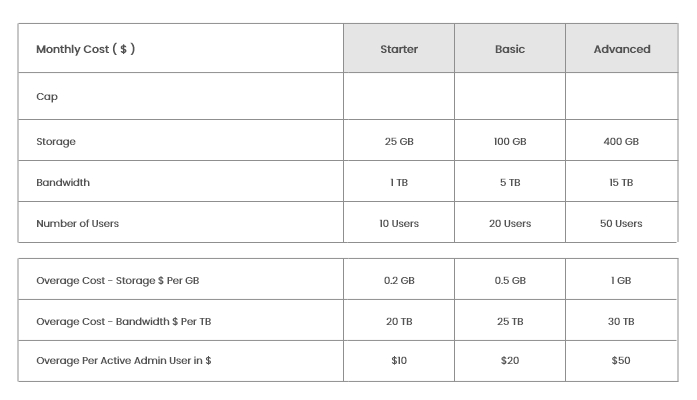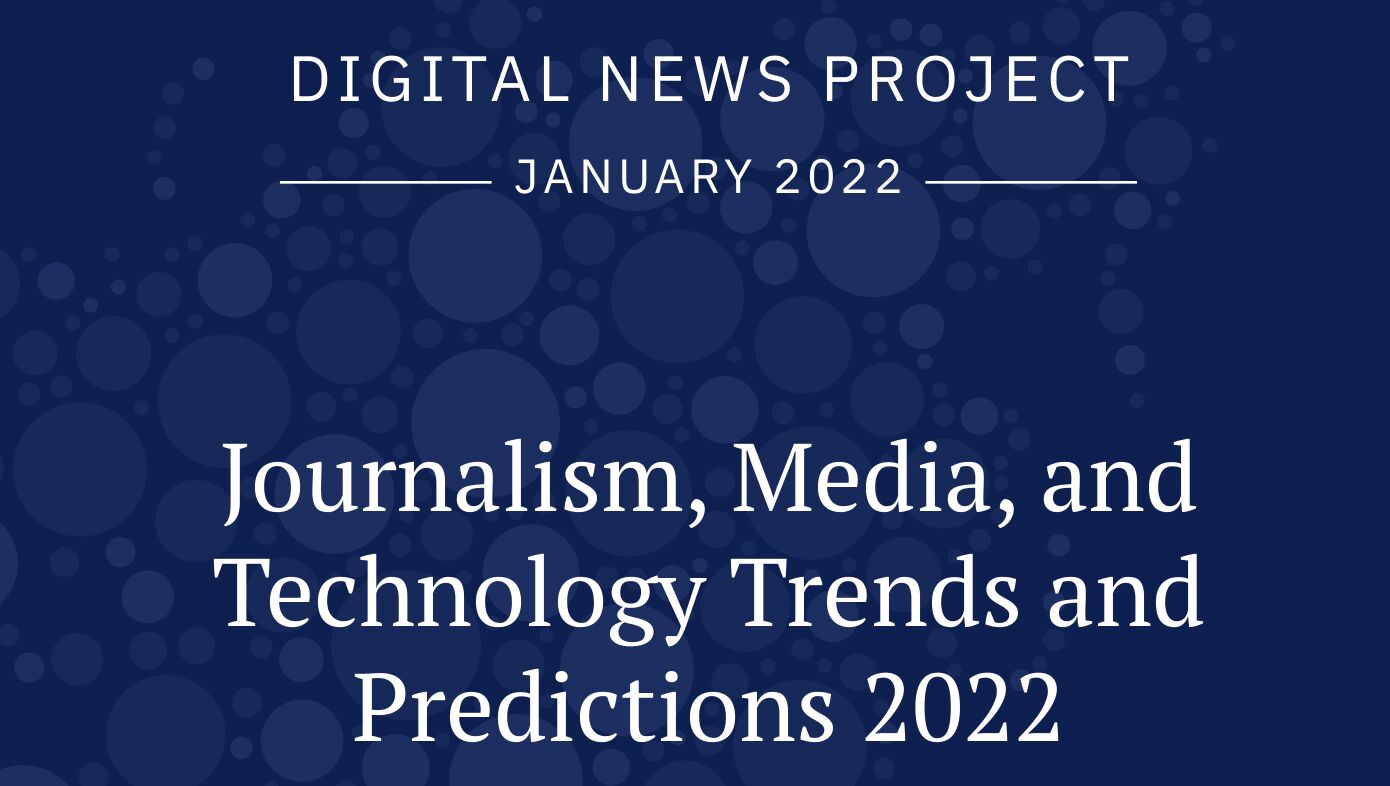



Summary: Journalism, Media, and Technology Trends and Predictions 2022
2022 will be a year of consolidation for a news industry by the drawn-out COVID-19 crisis.
Prelude:
For a journalism sector that has been both rocked and energized by the prolonged COVID-19 issue, 2022 will be a year of careful consolidation. The constant intensity of the news agenda and the increasingly divisive discussions about politics, identity, and culture have, to some extent, "burned out" journalists and audiences alike. This could be the year where journalism takes a break, concentrates on the fundamentals, and then rebounds.
On the commercial front, many conventional news organizations continue to be steadfastly committed to a quicker shift to digital, as rising paper and energy prices threaten to render print unsustainable in some nations. Many people want to start charging for internet news, but progress will likely be slowed by subscription weariness, especially if the economy continues to deteriorate.
Top 10 Takeaways from Reuters Predictions:
- Despite the fact that more than half of the respondents (54%) also reported unchanged or declining page visits, nearly six out of ten (59%) said their revenue had improved in the past year. Publishers claim that as more people shop online, digital advertising has exploded and subscription revenue has also surged.
- Publishers predict that this year, three to four distinct revenue streams will be very significant. Nearly one in ten (29%) anticipate receiving a sizable sum from tech platforms for content licensing or innovation, while 15% look to philanthropic funds and foundations, both of which are up on last year. Some people want to pick up where the COVID-19 disaster left off with their event-related enterprises.
- The majority of respondents to the poll indicated that pursuing subscription or membership methods will be one of their top objectives in terms of revenue, ahead of both display and native advertising. This year, more publishers want to pursue these tactics. A significant portion of respondents (47%) are concerned that subscription-based business models may drive media toward super-serving wealthy and educated audiences while neglecting others.
- Publishers specifically state that they will be investing more resources in email newsletters (70%) and podcasts and digital audio (80%), two channels that have proven successful in boosting loyalty and luring new subscribers. Just 14% of respondents believe they would invest in speech, and just 8% say they will develop new metaverse apps like VR and AR.
- This year, innovation is likely to go a more traditional route. Two-thirds of our sample (67%) think they'll spend the most of their effort refining and enhancing already-existing items to make them speedier and more efficient. Launching new items and brand extensions was only mentioned as a priority by a third (32%) of respondents. According to publishers, the major obstacles to innovation are a lack of funding as a result of broader economic difficulties and the challenge of attracting and retaining technical employees.
- This year, publishers said they'll be less concerned with Facebook (-8 net score) and Twitter (-5) and more focused on the younger-targeted social media platforms Instagram (+54), TikTok (+44), and YouTube (+43). Many news organizations will also be strengthening their guidelines for how journalists should conduct themselves on social media at the same time.
- Media firms keep putting their faith in AI as a tool to offer more individualized experiences and boost production efficiency. More than 80% of those in our sample believe that these technologies will be crucial for automated newsrooms and better content recommendations (81 percent ). More than two-thirds (69%) believe that AI is essential for the commercial side of client attraction and retention.
- This year, media will continue to be impacted both directly and indirectly by the 'creative economy' and its expanding influence. The mainstream industry will be distracted by creator material—think celebrities and influencers—while additional platform features that allow for content licensing will increase prospects for freelancers and cooperatives.
- Publishers may begin collaborating more this year to address audience and platform issues. Be on the lookout for collaborative investigations, more content sharing, increased advertising, shared login activities, and joint lobbying on policies.
- Expect a profusion of new digital gadgets, such as smart glasses and VR headsets, as well as brand-new workplace communication methods. Even though the merits of cryptocurrencies and non-fungible tokens (NFTs) are still unclear, buzz surrounding them will continue to grow.
📣 You can also follow us on Twitter, Facebook, Instagram, Youtube and LinkedIn to know more such reports. To book a demo of Hocalwire CMS - Get In Touch

